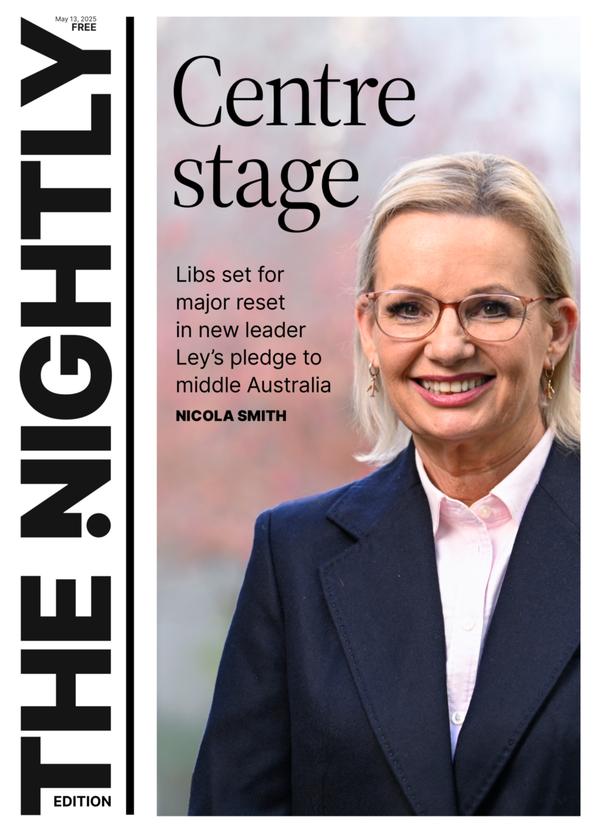Joel Cauchi’s psychiatrist withdraws claim a ‘hatred for women’ fuelled his fatal rampage at Westfield Bondi Junction
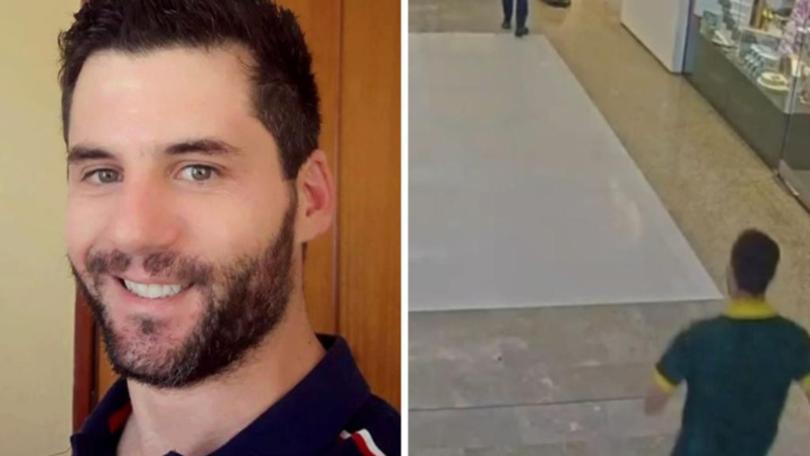
A psychiatrist who completely took killer Joel Cauchi off his schizophrenia medication and claimed a “hatred for women” fuelled his fatal rampage at Westfield Bondi Junction has withdrawn the claim.
Cauchi was diagnosed with schizophrenia in 2001 at 17 years old and medicated for nearly two decades to treat the condition.
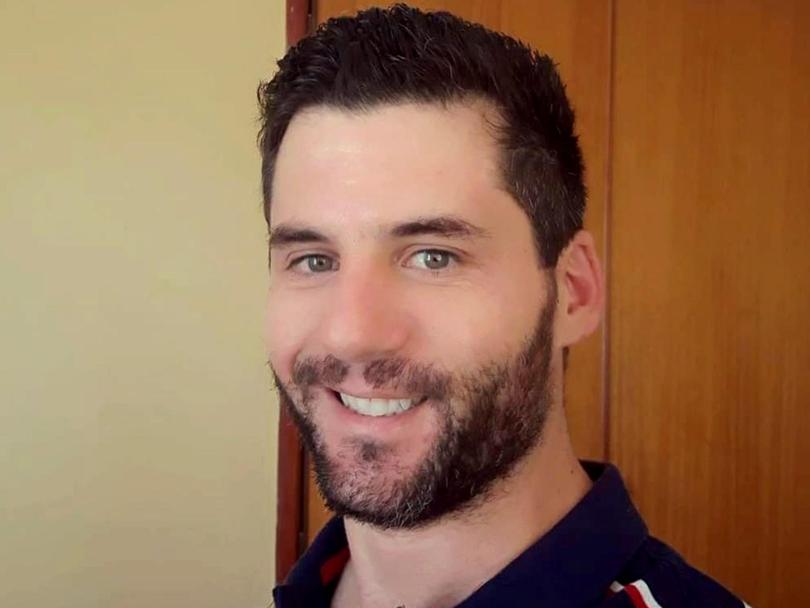
Sign up to The Nightly's newsletters.
Get the first look at the digital newspaper, curated daily stories and breaking headlines delivered to your inbox.
By continuing you agree to our Terms and Privacy Policy.Evidence suggested he had treatment resistant schizophrenia as he was put on clozapine after unsuccessfully trialling two other antipsychotic medications.
The court was also told his private Toowoomba psychiatrist of about eight years, known as Dr A, had not sought a second opinion when deciding to take Cauchi off clozapine entirely in 2018, despite doing so when she had began to gradually reduce his dose in 2015 after Cauchi complained of oversedation.
He had also taken abilify to treat obsessive compulsive disorder until he was taken off it in June of 2019.
Cauchi killed Dawn Singleton, Yixuan Cheng, Faraz Ahmed Tahir, Ashlee Good, Jade Young and Pikria Darchia after a stabbing rampage at Westfield Bondi Junction on April 13, 2024. He stabbed a further 10 people, and was shot dead by Inspector Amy Scott.
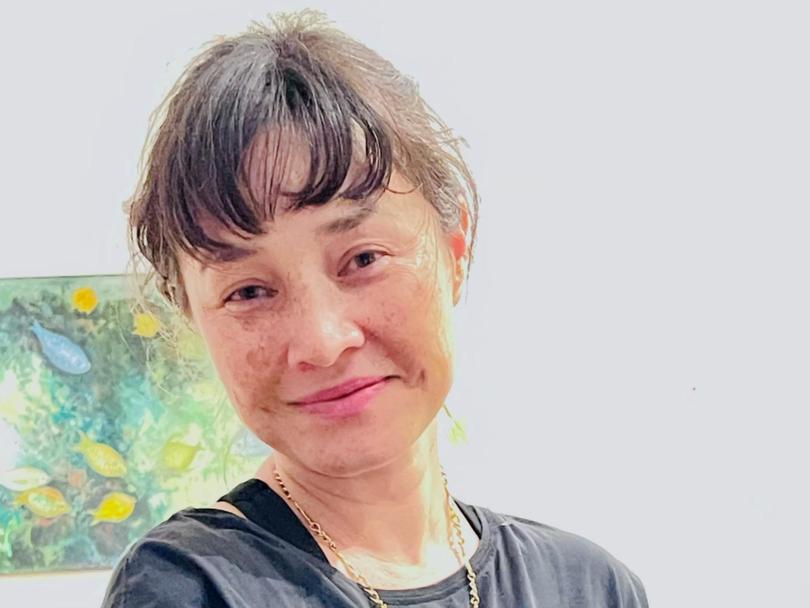
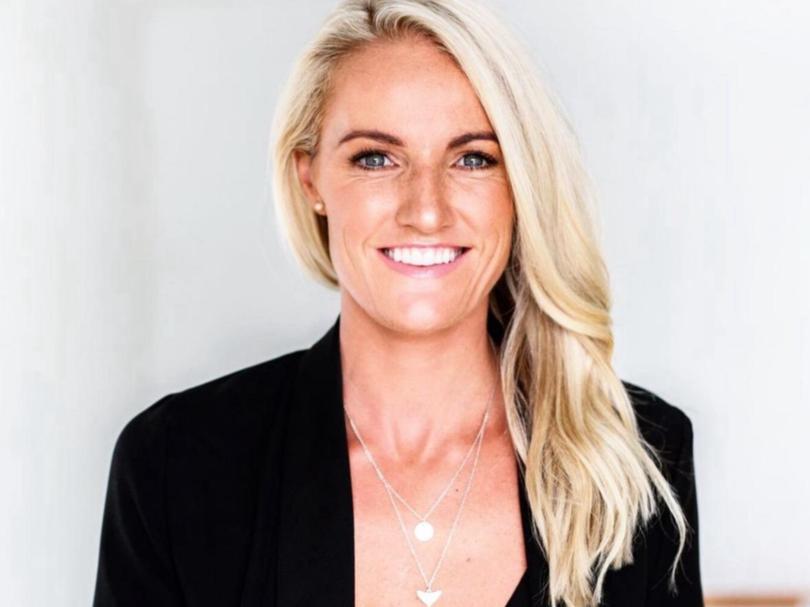
His private psychiatrist of about eight years, known as Dr A, endured a full day of questioning by counsel assisting the coroner Peggy Dwyer SC on Tuesday, with Ms Dwyer often needing to remind Dr A to not interject and listen to the questions being asked.
She claimed Cauchi’s rampage had “nothing to do with psychosis” and may have been “due to his frustrations, sexual frustrations, pornography, and hatred towards women” despite an expert psychiatric panel finding he was suffering psychosis and previous evidence Cauchi wasn’t targeting women.
Dr A was questioned by high profile lawyer Sue Chrysanthou on behalf of some of the families of the victims on Wednesday.
Ms Chrysanthou said Dr A’s evidence on Tuesday was contrary to expert evidence and had “caused great distress” to her clients.
“I’m entitled to put to her that the evidence she gave yesterday was dishonest, because it was shocking evidence to me and my clients, and I’m entitled to raise it,” Ms Chrysanthou told the court.
“She has said today she shouldn’t have said that, it was conjecture,” NSW state coroner Magistrate Teresa O’Sullivan.
“Do you agree that what you said yesterday about Joel being organised in the way he carried out that attack, you should not have said?”
“It was a conjecture on my part,” Dr A replied.
“Do u withdraw it?” Ms Chrysanthou asked.
“Yes.”
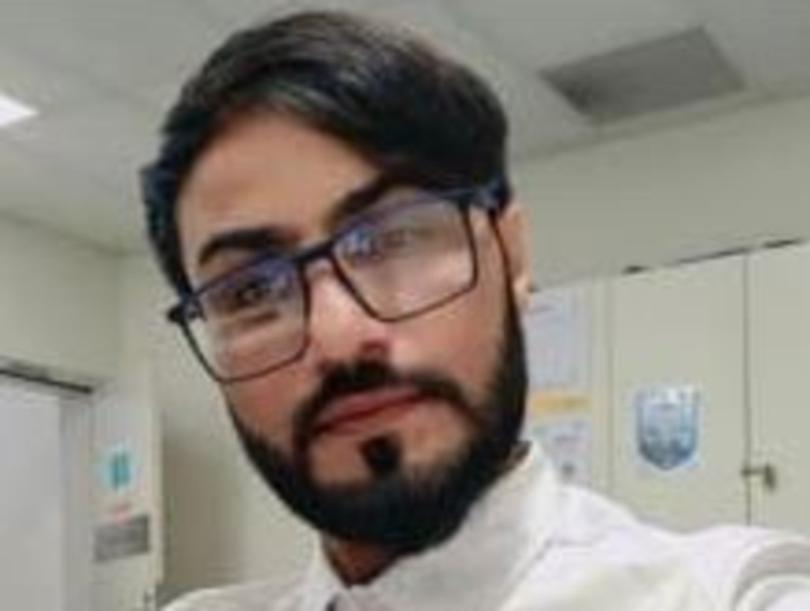
Dr A earlier denied suggestions she couldn’t accept Cauchi was psychotic on the day of the attack because she didn’t “want to accept yourself the failings in your care of Joel”.
“I did not fail in my care of Joel … I have no error on my behalf,” Dr A responded.
Dr earlier denied Cauchi had experienced psychosis at all after he was unmedicated despite his mother raising concerns of her son’s declining mental health on at least seven occasions between October 2019 and February 2020 over the phone, via email, and in person.
This included reports Cauchi had left notes suggesting he was under “satanic control” and suspicions from Mrs Cauchi he may have been hearing voices.
The court was told multiple times Cauchi may not have been able to report signs of a schizophrenic relapse as he may not realise he was experiencing them, with it understood his family were well placed to flag such concerns.
Dr A accepted the behaviour changes reported by Mrs Cauchi made her “very concerned” but that his mother “is not a psychiatrist”.
Cauchi was ultimately prescribed abilify in November 2019 out of caution following Mrs Cauchi’s concerns, however he did not fill the script.
Dr A told the court this “wasn’t even necessary” in hindsight, claiming Cauchi was simply concerned he’d contracted an STD following a risky sexual encounter at a licensed brothel and “wasn’t psychotic” during this period.
‘Don’t think you have any degree in medicine’
The court heard a fiery exchange on Wednesday in which Ms Chrysanthou suggested Dr A’s views on the therapeutic value of the level of antipsychotic drugs in someone’s blood was “useless”.
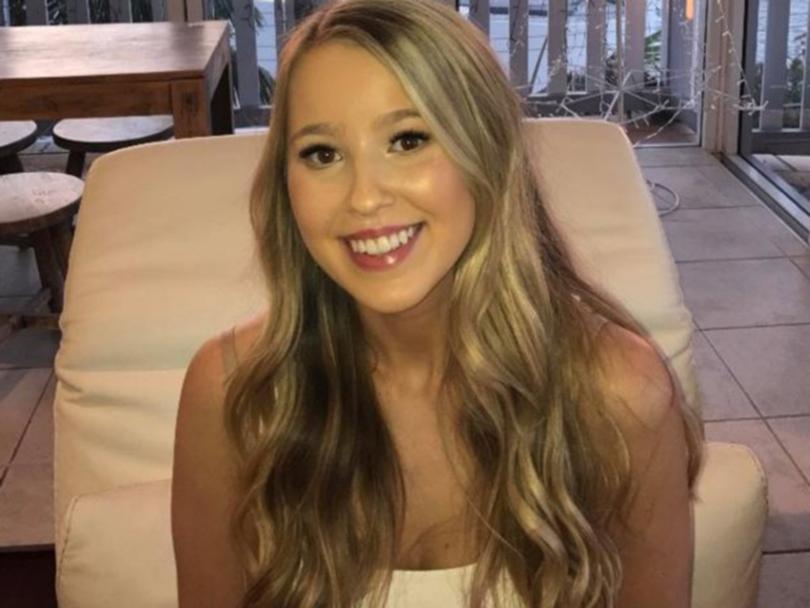
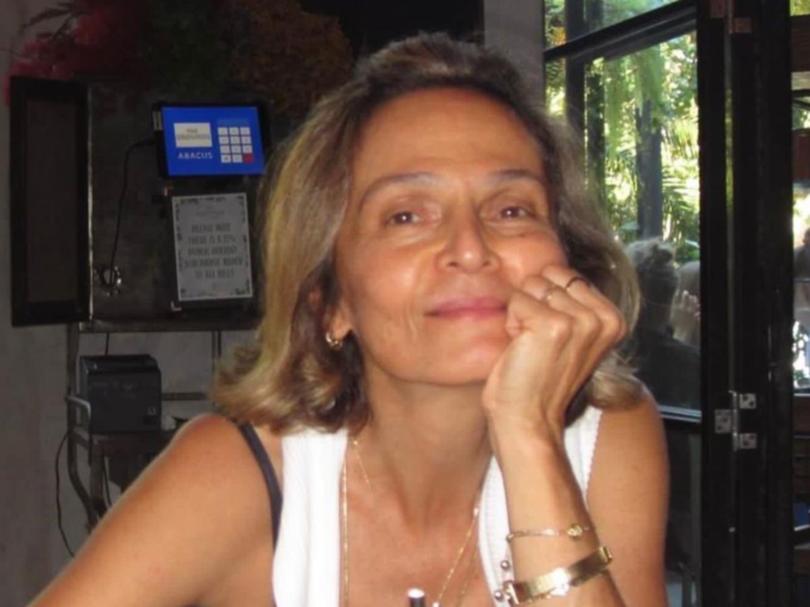
Dr A said blood tests were undertaken for patients on clozapine, such as Cauchi, for “establishing toxicity” and when patients aren’t improving while taking the drug.
“I don’t think you have any degree in medicine,” Dr A said.
Dr A also gave evidence suggesting small doses of abilify, such as the 5mg Cauchi was prescribed for years until 2019, would have little effect and could essentially be attributed as a placebo.
She said she was being cautious when she prescribed it again in November 2019, and that she’d made a “typo” on the prescription, as it had stated Cauchi was to take 10mg as opposed to the 5mg he’d previously been on.
She told the court yesterday Cauchi understood he was only to take half despite this not being clear on the script.
However, Cauchi ultimately did not fill the script.
Confusion over Cauchi’s diagnosis
Dr A said her initial diagnosis that Cauchi had paranoid and disorganised schizophrenia was a “working diagnosis”, and that he actually had first episode schizophrenia.
However, she could not say whether she had formally written this changed diagnosis in subsequent correspondence with Cauchi’s Toowoomba GP after he came into her care.
On Tuesday she was questioned by Ms Dwyer on whether Cauchi had a “first episode psychosis that lasted a decade”.
“It did not last a decade … even (the second psychiatrist) said the symptoms stop,” Dr A said.
“Let’s just move on because it is first episode in my mind.”
Lifeline: 13 11 14.
If you or someone you know needs help, phone SANE Australia Helpline on 1800 18 SANE (7263).
If you or someone you know is experiencing family violence, phone 1800 RESPECT (1800 737 732).
